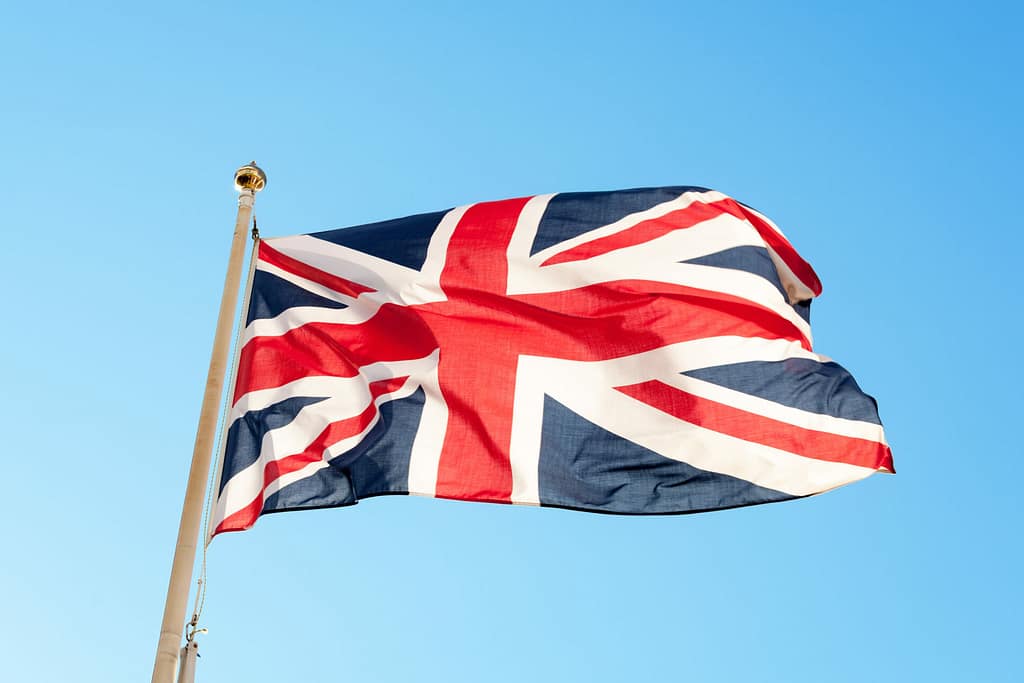The Corporate Sustainability Reporting Directive (CSRD) represents a significant shift in the European Union’s (EU) approach to corporate sustainability reporting. But does the CSRD apply to the UK, too?
With its far-reaching scope and robust requirements, the CSRD has sparked global discussions about its impact – particularly for businesses operating in non-EU countries, which includes now the UK. In this article, we’ll explore the CSRD’s objectives, its relevance to UK businesses post-Brexit, and what steps companies might need to take in response.
For a full overview of the CSRD report in 2024, click here instead.
So, does the CSRD apply to the UK?
Well, yes and no. The CSRD applies to the UK – but in a different manner.

As you may know, since the UK officially left the European Union in 2020, it is no longer bound by EU regulations. However, the CSRD may still apply to UK-based companies in specific circumstances. The key factor determining the applicability of the CSRD to UK businesses is the presence of operations within the EU or business relationships with EU-based entities.
Therefore, the CSRD will impact UK companies under the following conditions:
- UK companies with EU subsidiaries or branches: If a UK company operates an EU-based subsidiary or branch, the subsidiary may be directly subject to the CSRD’s reporting requirements. In such cases, the parent company in the UK may need to provide consolidated sustainability reporting that meets the CSRD standards.
- UK companies listed on EU stock exchanges: Any UK business that is publicly listed on an EU-regulated stock exchange will also fall under the scope of the CSRD. Such companies will be required to adhere to the same sustainability reporting standards as their EU counterparts.
- UK companies supplying goods and services to EU firms: Even if a UK company does not have a physical presence in the EU, it may still need to comply with CSRD requirements indirectly. Many EU-based firms will need to assess the sustainability of their supply chains, meaning that UK companies supplying goods or services to EU businesses may be asked to provide CSRD-compliant sustainability information.
For purely UK-based companies with no significant EU operations or relationships, the CSRD will not apply directly.
Post-Brexit, the UK is developing its own sustainability and corporate governance frameworks, such as the UK Sustainability Disclosure Requirements (SDR). However, these are distinct from the CSRD and operate independently of the EU framework.

What is the CSRD?
The Corporate Sustainability Reporting Directive (CSRD) is an EU regulation aimed at enhancing corporate transparency concerning sustainability practices. It requires companies to provide detailed information about their environmental, social, and governance (ESG) performance.
The CSRD replaces the previous Non-Financial Reporting Directive (NFRD) and significantly expands the scope and depth of sustainability reporting requirements.
Key changes under the CSRD include the increased number of companies required to report, stricter sustainability reporting standards, and alignment with other global reporting frameworks, like the Global Reporting Initiative (GRI) and the Task Force on Climate-related Financial Disclosures (TCFD)
The CSRD is part of the EU’s broader Green Deal initiative, which aims to make Europe climate-neutral by 2050. The directive seeks to improve transparency for investors, stakeholders, and consumers, encouraging more sustainable business practices across Europe.
You may also like: What is carbon footprint? How to measure your emissions
Preparing for the CSRD: steps UK businesses should take

While the CSRD may not affect all UK companies directly, those with EU operations or strong business ties to EU firms should begin preparations to ensure compliance.
Companies should evaluate their business structure and connections to EU subsidiaries, supply chains, and stakeholders. This assessment will help determine whether they fall under the CSRD’s scope.
The CSRD emphasizes alignment with internationally recognized sustainability frameworks, so UK businesses should adopt standards like the GRI or TCFD to ensure they are prepared for future regulatory changes, whether from the EU or the UK.
The development of a sustainability strategy is also pivotal, of course – so companies should proactively develop and enhance their sustainability practices. This includes setting measurable environmental and social goals, which will make it easier to comply with sustainability reporting regulations.
You can find more info on sustainability strategies in this other article.
In summary, while the CSRD does not automatically apply to all UK companies, many businesses may still need to comply if they have significant ties to the EU.
Staying ahead of these regulations will not only ensure compliance but also foster better business practices in the long term. And if your business is navigating new sustainability reporting requirements like the CSRD, accurate and reliable data is key.
Here at Datanet IoT, we provide advanced asset and environmental tracking solutions that help companies monitor their ESG performance, reduce environmental impact, and ensure compliance with global standards.
Take control of your sustainability data and contact us today to see how we can help you stay ahead in the evolving regulatory landscape.





